Press
March 26, 2021
Climate change is making us sick
Climate change is hurting our health — right here and right now. As practicing physicians, we see the impacts on our patients.
Allergy season is more intense, and arrives earlier than ever.
The five-year drought has left thousands in the Central Valley without clean water that is essential for good health.
Heat waves threaten the lives of patients with diabetes, heart and respiratory disease.
There’s more. Disease-carrying mosquitoes are spreading into new regions, bringing with them the risk of Dengue and Zika virus (linked to microcephaly, a severe birth defect). Flooding increases the risk of waterborne illness, and leaves asthma-inducing mold in its wake. Food production is threatened as heat and extreme weather reduce crop yields, kill livestock and impede transport. Warming and acidification make fisheries less productive. This year, California’s crab season was significantly reduced by harmful algal blooms that thrive in warmer-than-usual waters.
Not surprisingly, climate change is also harmful to mental health — in part because it disrupts the physical, economic and social stability of individuals and communities. Even those who are not directly affected may be stressed by news coverage of climate threats.
Fortunately, there are many “no-regrets” actions we can take to reduce these risks. For example, shifting from dirty coal to clean energy sources like solar and wind will clean our air and prevent thousands of cases of asthma, respiratory problems, heart disease and premature death.
We’re proud that Californians are already adopting clean, renewable energy. But it’s shameful that there are plans for a coal export terminal in West Oakland, where asthma rates are already too high. We also need to prevent immediate risks from fossil fuel use — such as the methane leak in Aliso Canyon.
Another no-regrets strategy is to encourage more walking, biking, and public transit. Diabetes and obesity are two of our biggest health problems — and physical activity is an effective remedy. Investment in active transportation infrastructure can make it safe for people to get out of their cars — a win-win for health, clean air and lower carbon emissions.
We need to make our cities more heat resilient — with trees, shade and community gardens. Trees provide many other benefits: cleaning the air, replenishing ground-water aquifers, and making our neighborhoods more beautiful.
We also know that poor nutrition contributes to many chronic diseases and that our current food system is a big source of greenhouse gas emissions. By making it easier for people to purchase local fruits and vegetables, we can improve health and reduce emissions. Eating less red meat would help, too, since meat production is a major source of methane. And reducing food waste would remove 33 million tons of methane-producing garbage from landfills.
Today, we face a double threat: climate change increases the severity of existing health issues and introduces new ones. If we want to protect our patients and keep a lid on health care costs, climate action is a medical necessity now.
Buddiga, M.D., is an allergist in the Central Valley and a member of the Environmental Justice Advisory Group of the San Joaquin Valley Air Pollution Control District. Peters, M.D., is the chair of the Golden State Medical Association and a psychiatrist.








